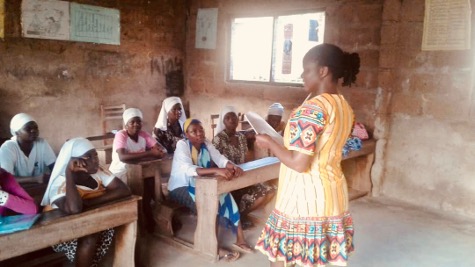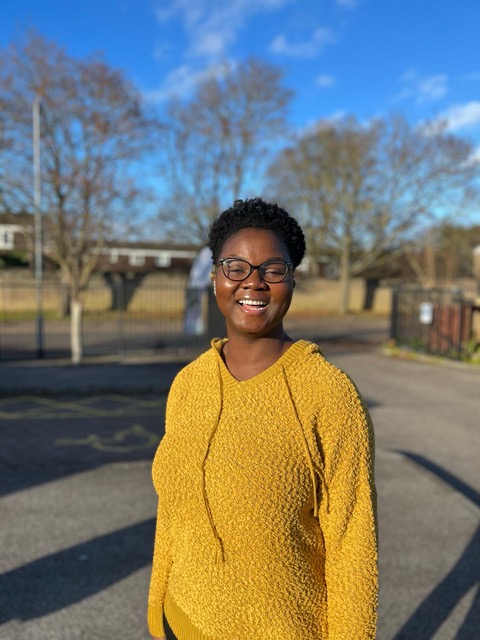Balancing Research and Motherhood at Cambridge

My journey to Cambridge began with a strong desire to research education for marginalised girls, particularly in Ghana, where I grew up. Having experienced some of these challenges myself—missing school to help on the farm and starting my education over in the city—I was drawn to research that could make a difference in the lives of girls in similar situations. My PhD focused on understanding how non-formal education programmes support learning for marginalised girls, and how gender, cultural norms, and pedagogy shape that process.
During my second year, I had my first child. Becoming a mother while pursuing a PhD was one of the most challenging and defining moments of my journey. I carried out my fieldwork while pregnant, which made long travels and hours of interviewing and analysis more difficult. I was often tired and had to carefully plan how to manage both the demands of research and my health. These experiences albeit gave me a deeper understanding of care, responsibility, and resilience—qualities that also shaped the lives of the girls I was studying.
One of the hardest parts was being far away from my support system. Back home in Ghana, I would have had family support during pregnancy and early motherhood. In Cambridge, I had to build a new kind of support system from scratch. I was fortunate to find a community of friends and fellow students who offered support, encouragement, and sometimes even practical help like childcare or simply checking in. This made a big difference.
Despite these challenges, I was able to make good progress in my research. My work brought together Transformative Learning Theory and the cultural philosophy of the Akan people of Ghana. I used Adinkra symbols, which represent important values like transformation and community, to better understand how learning happens in local contexts. This approach helped show that learning is not just an individual process, but one that is shaped by culture, community, and spiritual beliefs.

Being at Cambridge gave me access to world-class resources and supervision, which helped me grow as a researcher. But more importantly, it taught me how to adapt, ask better questions, and stay focused in the face of unexpected challenges. My experience also highlighted the importance of culturally relevant education and the need to include local perspectives when designing education programmes for marginalised groups.
For anyone coming to Cambridge—especially from another country or with care responsibilities—my advice is simple: build your community early. Having people around who understand your journey, share your values, or can simply offer support, makes a big difference. The PhD journey is demanding, but with the right support, it can also be deeply rewarding.
By Priscilla Bretuo

